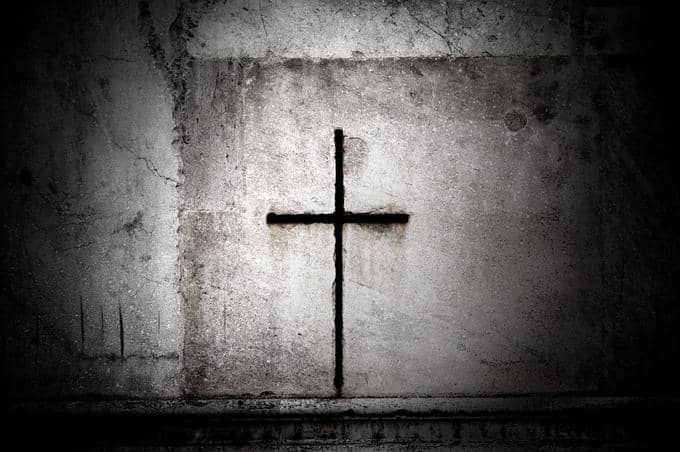JERUSALEM, Oct. 17--(AP) An Israeli Cabinet minister who advocated the removal of Palestinians from the West Bank and Gaza was assassinated Wednesday in a hotel hallway in a killing claimed by a radical Palestinian faction.
The death of ultranationalist Rehavam Zeevi, 75, the first Cabinet minister to be killed by Palestinians, provoked outrage in Israel and raised the specter of a new outburst of violence at a time when Israel and the Palestinians were trying to patch up a shaky U.S.-supported Sept. 26 truce deal. Israeli Prime Minister Ariel Sharon pledged "a war to the finish against the terrorists, their helpers and those who sent them.
Israel swiftly reimposed travel restrictions in the West Bank that had been eased earlier this week as part of the cease-fire deal. The Israeli security Cabinet was to meet later Wednesday, and Sharon spokesman Arnon Perlman indicated a military strike was an option. "What happened today requires a reassessment in all fields--military, political and international," Perlman said. "This reassessment will have profound significance."
In other violence Wednesday, a Palestinian suicide bomber blew himself up next to the Gaza fence inside Israel, killing himself and wounding two soldiers, the military said. The Islamic Jihad claimed responsibity for the bombing.
Yasser Arafat's Palestinian Authority denounced the assassination of Zeevi, but Israel said that wasn't sufficient; it demanded the arrest and extradition of those responsible. The United States and European nations were also pressing the Palestinians to make arrests, a senior Palestinian security source said on condition of anonymity.
The Popular Front for the Liberation of Palestine claimed responsibility, calling it revenge for the Aug. 27 killing of its leader Mustafa Zibri in an Israeli missile attack. Israel said it targeted Zibri, the highest-ranking Palestinian leader killed in the Mideast fighting, for organizing multiple car bombings.
The PFLP also released a video showing three masked gunmen standing next to a large poster of Zibri. Reading a statement, one of the gunmen said that "Rehavam Zeevi will only be the first," and suggested two more killings would follow.
The PFLP is a member of the umbrella Palestine Liberation Organization (PLO), led by Arafat, but the PFLP has rejected interim peace deals with Israel. Other radical Palestinian groups, like Hamas and the Islamic Jihad, are not in the PLO.
In a Palestinian refugee camp in Lebanon, PFLP supporters cheered, danced and distributed sweets to celebrate the killing. Palestinian security officials arrested Ali Jaradat, the PFLP spokesman, after a TV interview, witnesses said. PFLP officials said at least seven other activists had been detained. "We stand against all political assassinations, despite the fact that Mr. Zeevi espoused hostile policies toward the Palestinian people, including advocating the forced transfer of millions of Palestinians," said Yasser Abed Rabbo, the Palestinian information minister.
Speaking during a special session of parliament, Sharon said the "full responsibility falls squarely on Arafat" for the assassination.
Israeli media said Sharon's security Cabinet was planning to shut the Palestinian airport in the Gaza Strip, a move aimed at grounding the globe-trotting Arafat.Perlman charged that Arafat is "making fools of the Western nations" by promising to stop terrorism, but doing nothing. In London on Monday, Arafat denounced terrorism and called on Israel to resume peace talks.
One or more gunmen shot Zeevi in the head and neck as he returned to his eighth-floor hotel room after breakfast. His wife found him moments later, bleeding and unconscious on the floor. Israel TV said Zeevi was killed with a silencer-equipped weapon.
The hotel is at the edge of Mount Scopus, a pocket of Israeli territory inside Arab Jerusalem. Israel captured the Arab section in the 1967 war. Zeevi always stayed at the hotel, underlining Israel's claim to all of Jerusalem. The Palestinians claim the Arab section as their capital.
Zeevi had been the target of many verbal threats, and as a Cabinet minister was entitled to a bodyguard. However, he rejected protection as a matter of principle, fellow ministers said.
In Israel, Zeevi, a veteran of Israel's first three wars in 1948, 1956 and 1967, was respected by some for his distinguished military record. But his political views were condemned by others as racist. He sparked controversy in July by comparing Palestinians working and living illegally in Israel to "lice" and a "cancer."
Zeevi was first elected to the parliament in 1988 as head of a fringe party called Moledet (Homeland), which advocated a formula called "transfer," which Zeevi said was removal of Palestinians from the West Bank and Gaza by agreement. He was widely known by the incongruous nickname "Gandhi," acquired because his youthful thinness reminded people of the pacifist Indian independence leader Mohandas K. Gandhi.

